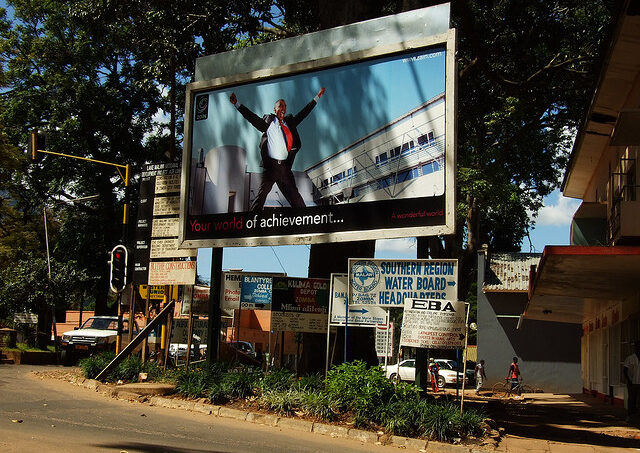
Four of the 6.8 billion mobile phones worldwide. Measuring the mobile Internet can expose information about an individual's location, contact details, and communications metadata. Image by Cocoarmani.
Ed: GCHQ / the NSA aside, who collects mobile data and for what purpose? How can you tell if your data are being collected and passed on? Ben: Data collected from mobile phones is used for a wide range of (divergent) purposes. First and foremost, mobile operators need information about mobile phones in real-time to be able to communicate with individual mobile handsets. Apps can also collect all sorts of information, which may be necessary to provide entertainment, location specific services, to conduct network research and many other reasons. Mobile phone users usually consent to the collection of their data by clicking “I agree” or other legally relevant buttons, but this is not always the case. Sometimes data is collected lawfully without consent, for example for the provision of a mobile connectivity service. Other times it is harder to substantiate a relevant legal basis. Many applications keep track of the information that is generated by a mobile phone and it is often not possible to find out how the receiver processes this data. Ed: How are data subjects typically recruited for a mobile research project? And how many subjects might a typical research data set contain? Ben: This depends on the research design; some research projects provide data subjects with a specific app, which they can use to conduct measurements (so called ‘active measurements’). Other apps collect data in the background and, in effect, conduct local surveillance of the mobile phone use (so called passive measurements). Other research uses existing datasets, for example provided by telecom operators, which will generally be de-identified in some way. We purposely do not use the term anonymisation in the report, because much research and several case studies have shown that real anonymisation is very difficult to achieve if the original raw data is collected about individuals. Datasets can be re-identified by techniques such as fingerprinting or by linking them with existing, auxiliary datasets. The size…

